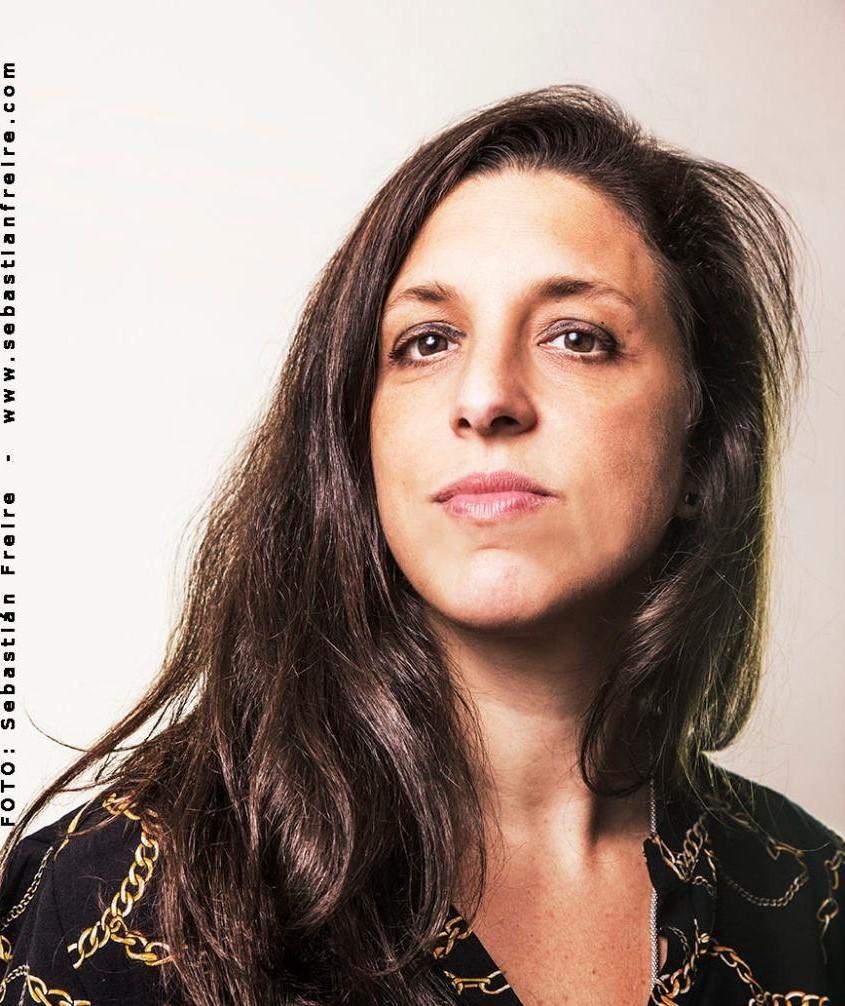
Often compared to Nathalie Sarraute and Virginia Woolf, Ariana Harwicz (Buenos Aires, 1977) is one of the most radical figures in contemporary Argentinian literature. She earned a degree in performing arts from the University of Paris VII and a Master’s in comparative literature from the Sorbonne. Ariana’s prose is characterized by its violence, eroticism, irony and direct criticism of the clichés surrounding the notions of the family and conventional relationships. Her first novel, published in English in 2017 under the name Die, My Love, was shortlisted for the Republic of Consciousness Prize and longlisted for the Man Booker International in 2018. Ariana wrote three novels in “an involuntary trilogy”: Die, my love (2012), Feebleminded (2014) and Precocious (2015). Her fourth novel, Degenerate, was published in 2019. Her novels were adapted to the theater in several countries and versions (Spain, Argentina, Israel). Her books are being translated into fifteen languages, among which are English, French, German, Arabic, Turkish, Greek, Romanian and other. In 2019 Die, My Love was published by Sulakauri Publishing. It was translated to Georgian by Tamar Lezhava.
DIE, MY LOVE
(excerpt)
I lay back in the grass among fallen trees and the sun on my palm felt like a knife I could use to bleed myself dry with one swift cut to the jugular. Behind me, against the backdrop of a house somewhere between dilapidated and homely, I could hear the voices of my son and my husband. Both of them naked. Both of them splashing around in the blue paddling pool, the water thirty-five degrees. It was the Sunday before a bank holiday. I was a few steps away, hidden in the underbrush. Spying on them. How could a weak, perverse woman like me, someone who dreams of a knife in her hand, be the mother and wife of those two individuals? What was I going to do? I burrowed deeper into the ground, hiding my body. I wasn’t going to kill them. I dropped the knife and went to hang out the washing like nothing had happened. I carefully pegged the socks to the line, my baby’s and my man’s. Their underwear and shirts. I looked at myself and saw an ignorant country bumpkin hanging out the laundry and drying her hands on her skirt before returning to the kitchen. They had no idea. Hanging out the clothes had been a success. I lay back down among the tree trunks. They’re already chopping wood for the cold season. People here prepare for winter like animals. Nothing distinguishes us from them. Take me, an educated woman, a university graduate – I’m more of an animal than those half-dead foxes, their faces stained red, sticks propping their mouths wide.
Translated into English by
Sarah Moses and Carolina Orloff

